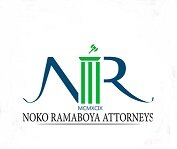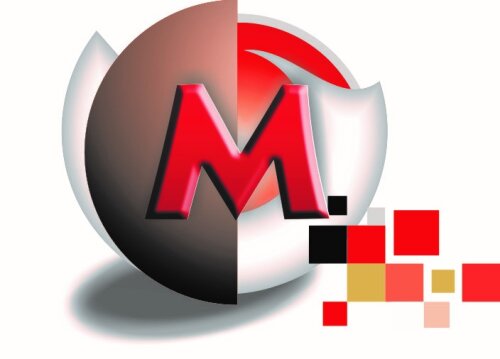Best Foreclosure Lawyers in Pretoria
Share your needs with us, get contacted by law firms.
Free. Takes 2 min.
Free Guide to Hiring a Real Estate Lawyer
List of the best lawyers in Pretoria, South Africa
About Foreclosure Law in Pretoria, South Africa
Foreclosure law in Pretoria, South Africa is regulated by the National Credit Act, 34 of 2005, where 'foreclosure' is referred to as execution against immovable properties. The law governs situations where a lender can seize and sell a borrower's property when the borrower fails to meet the agreed obligations for a mortgage loan. Prior to auctioning off a property, the law requires lenders to give the property owner advanced notice and a fair chance to rectify the defaulting situation.
Why You May Need a Lawyer
Foreclosure processes can be complicated and stressful. You might require an attorney to guide you through this difficult time and help you explore other means to save your home. A lawyer can negotiate repayment plans, conduct investigations on whether foreclosure is being carried out legally, contest the proceedings in court, or assist you in selling the property before an auction. Also, having a lawyer assists in understanding the terms and conditions stipulated in the loan agreements.
Local Laws Overview
In Pretoria, foreclosure law regulates the financial relationship between borrowers and lenders. It ensures the enforcement of monetary judgment on a borrower's property, should they default on the loan. If a borrower cannot meet their agreed mortgage loan repayment, the lender proceeds to institute legal proceedings in the High Court or Magistrate Court to recover the money lent. The borrower must be given notice of sale at least five to ten business days before the sale in execution. Additionally, rules are in place to ensure the evaluation, pricing and sale of the property is conducted fairly.
Frequently Asked Questions
What happens to the property once it gets auctioned?
Once a property gets auctioned, the proceeds from the sale go towards paying off the outstanding mortgage loan. The remainder, if any, is returned to the former owner of the property.
Can a foreclosure be halted?
A foreclosure can be halted if a debtor pays their outstanding debt, court costs, attorneys’ fees, and any additional charges before the property gets auctioned. Alternatively, bringing a successful legal challenge against the foreclosure process can also halt it.
What is a sale in execution?
A sale in execution is the legal process where properties are sold at a public auction by the Sheriff to recover monies owed by the debtor.
What happens if the proceeds from the auction are less than the loan amount?
If the proceeds from the auction are less than the amount owed to the bank, then the borrower is still liable for the difference. This is called a deficiency judgment.
Is it possible to keep my house?
Through restructuring the loan or setting up a more affordable repayment plan, it could be possible to keep your house. This needs to be negotiated with the bank.
Additional Resources
Legal Aid South Africa and the National Consumer Commission (NCC) are great places to start for general legal advice and assistance. For financial advice, consider speaking to Debt Counsellors registered with the National Credit Regulator (NCR).
Next Steps
If you're facing potential foreclosure, consider seeking legal advice as soon as possible to understand your rights and options. Contact a local attorney who specializes in foreclosures in Pretoria, South Africa. It's also essential to engage your mortgage provider to discuss possible remedies. Bear in mind timelines are crucial in a foreclosure process, so acting promptly will work best in your favor.
Lawzana helps you find the best lawyers and law firms in Pretoria through a curated and pre-screened list of qualified legal professionals. Our platform offers rankings and detailed profiles of attorneys and law firms, allowing you to compare based on practice areas, including Foreclosure, experience, and client feedback.
Each profile includes a description of the firm's areas of practice, client reviews, team members and partners, year of establishment, spoken languages, office locations, contact information, social media presence, and any published articles or resources. Most firms on our platform speak English and are experienced in both local and international legal matters.
Get a quote from top-rated law firms in Pretoria, South Africa — quickly, securely, and without unnecessary hassle.
Disclaimer:
The information provided on this page is for general informational purposes only and does not constitute legal advice. While we strive to ensure the accuracy and relevance of the content, legal information may change over time, and interpretations of the law can vary. You should always consult with a qualified legal professional for advice specific to your situation.
We disclaim all liability for actions taken or not taken based on the content of this page. If you believe any information is incorrect or outdated, please contact us, and we will review and update it where appropriate.















